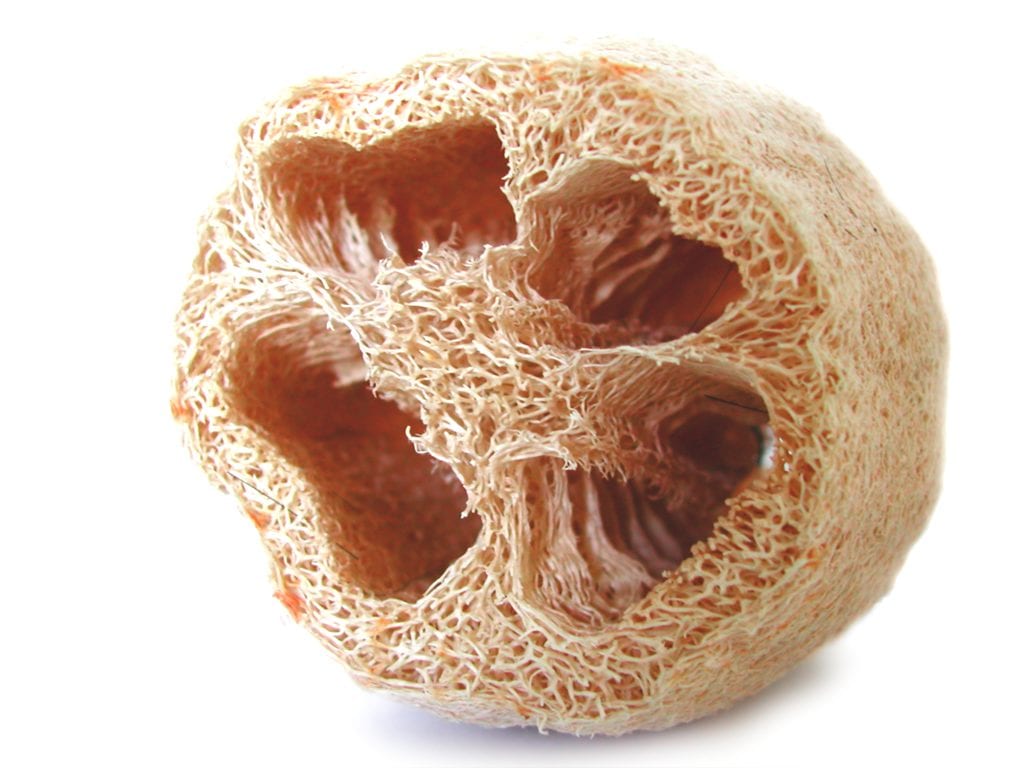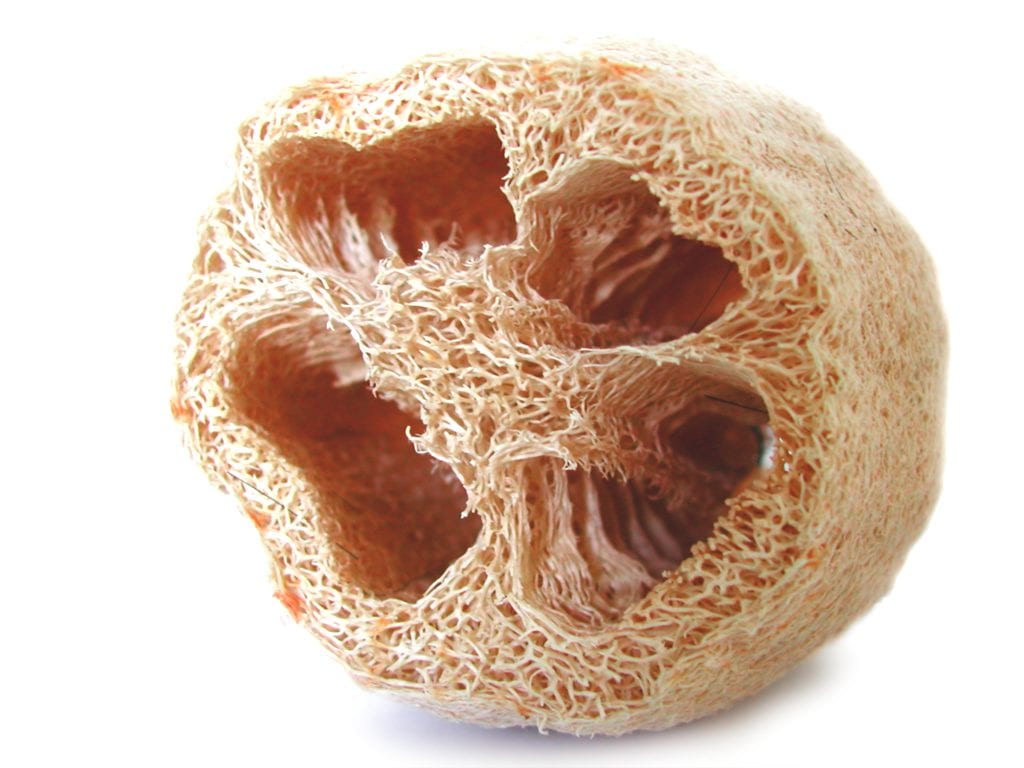Trending Now
You probably aren’t very freewheeling with sharing your toothbrush, hair comb or, heaven forbid, your showering implements with many people. But, if you live in a house with family, and you’re not Kardashians with everyone in their own personal bathing space, you may have thought what harm could there be with sharing hygiene items.
Let’s, for example, look at the loofah. Contrary to what you’ve been told, loofahs are not dried sea plants.
They are actually dried gourds related to cucumbers. They are similar to sponges in that they are natural, porous handhelds used to scrub the body in the shower.
They’re nice. They exfoliate. They hang in the shower to dry.

Photo Credit: Wikimedia
And, someone–you, perhaps–may think, hey, it’s clean, think I’ll use it to scrub the ol’ bod even though it’s technically not mine, but what the heck, we all share the same DNA.
Like with everything that makes sense, there’s science that says leave the damn loofah alone.
According to the CDC, loofahs harbor and spread bacteria, including Pseudomonas aeruginosa, a bacterium that can cause disease in animals. Bacteria thrive in the loofah’s holes and flourish in the humid environment of the shower. It’s the perfect place for them to live.

Photo Credit: Flickr
Loofahs can even spread MRSA, which is a superbug that can cause serious infections. Using a loofah also causes micro-abrasions in the skin which allows bacteria to enter more easily and cause infections. This is particularly concerning for people who are immunocompromised.
But, it’s not just staph and E.coli spreading from person to person. The sponges are full of other people’s dead skin cells.
Yet, exfoliating is important for skin health. Try one of many commercial body scrubs available or you can easily make your own with pantry ingredients.

Photo Credit: Flickr
If you’re still a natural loofah lover, follow these safety tips:
- Clean it weekly with a 10% bleach solution and replace every three weeks.
- Replace plastic loofahs every two months.
- If either kind look or smell moldy, throw it away.
- Don’t leave your loofah in the shower. It will never dry and will be inviting to growing bacteria.
You don’t want to get out of your shower dirtier than when you went it. So practice safe loofah-ing and don’t share.






